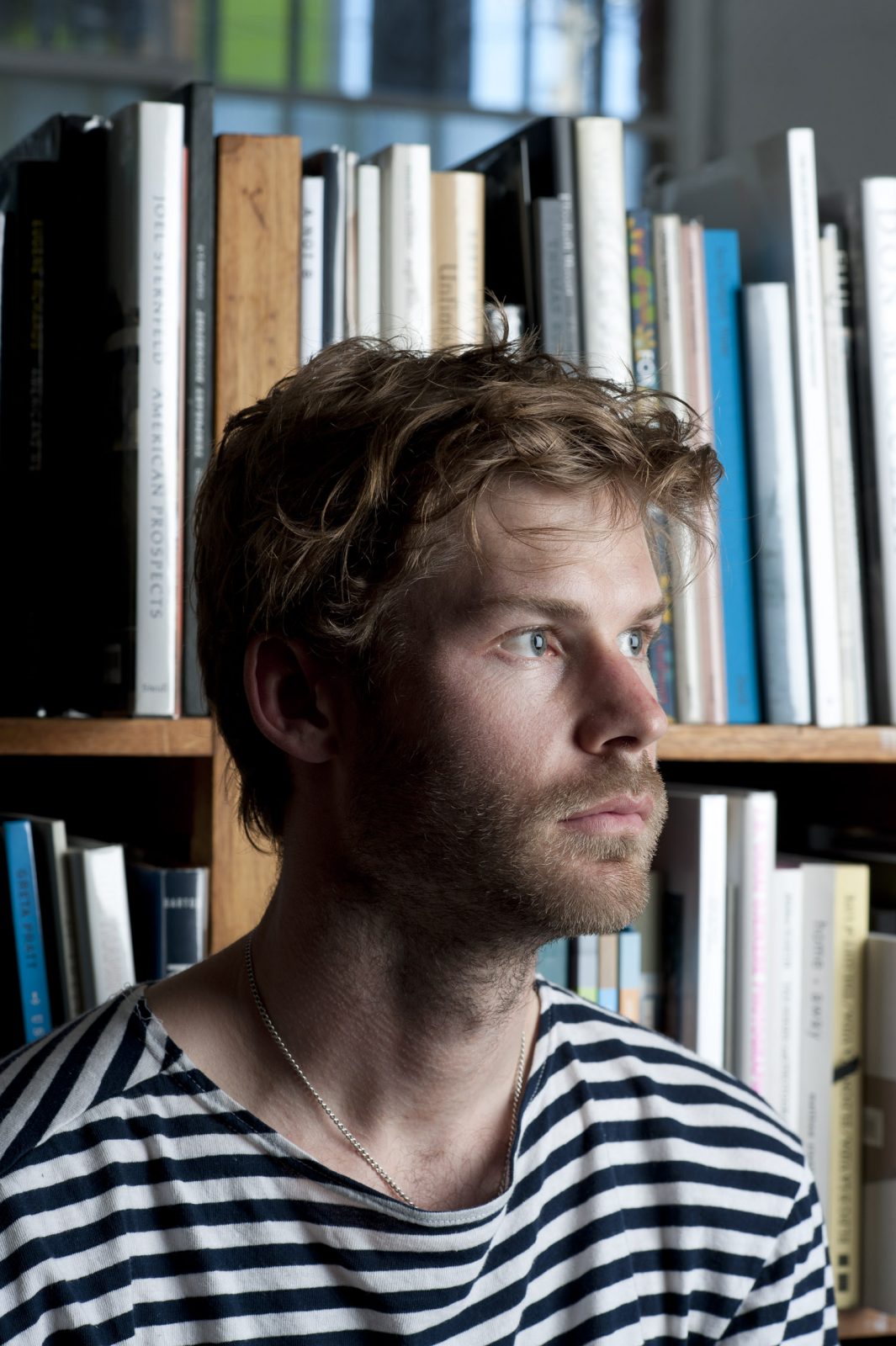We are pleased to announce Dr N.A.J. Taylor as the 2020 Fryer Library Fellow. Dr Taylor is an Australian Defence Force Academy Visiting Fellow at The University of New South Wales and an incoming 2020-22 Killam Postdoctoral Research Fellow at The University of British Columbia.

Project Overview
Richard Routley/Sylvan is widely regarded as having pioneered the subfield of Environmental Philosophy and also having shaped the subfield of Logic, yet almost no attention has been given to Sylvan’s nuclear ethics and politics. The reasons for this are straightforward: Sylvan did not publish a monograph on the problem of nuclear harm, instead choosing to engage in the highly-unorthodox academic publishing practice of self-publishing a vast amount of his work (quite literally, using his own printing press!), leaving many manuscripts wholly unpublished, or else circulating versions of papers at varying lengths. Thus, whilst Sylvan is known to have long obsessed over the possibilities of nuclear winter with colleagues at the Australian National University, based on Dr Taylor's preliminary audit of the Fryer Library collection in 2015 and subsequent correspondences with several of Sylvan's interlocutors, Sylvan's nuclear oeuvre consists of merely four articles and working papers that dealt directly and explicitly with the problems of nuclear energy and waste, and three sole-authored works on the question of nuclear weapons and war that my previous research has argued remain prescient today. Of that material, three papers remain unpublished, at least in some form, and no doubt countless others remain dormant in the Richard Sylvan Collection.
Dr Taylor's 2020 Fryer Library Fellowship will perform the most thoroughgoing investigation into Richard Sylvan’s nuclear thought ever undertaken. In contrast to Sylvan’s own practice of self-publishing his work, Dr Taylor seeks to uncover additional nuclear writings in the Richard Sylvan Collection and cognate archives and to curate a digital exhibition and deliver an accompanying public lecture that will draw a wider audience to Sylvan’s nuclear ethics and politics.
Specifically, a digital exhibition promises to achieve precisely what Sylvan’s could not: the near removal of any barriers to accessing his work, by anyone at any time for any duration, so long as they have access to an internet connection. Such democratisation of Sylvan’s nuclear oeuvre via a digital exhibition—although far removed from his practice of self-publishing hardcopies for postal mailing—would no doubt satisfy his opposition to corporate publishing houses and academic suppression, as well as Sylvan’s heartfelt concern for the social and environmental consequences of his actions.
More information on Dr Taylor's project is available on the project website: Richard Sylvan's Antipodean nuclear philosophy.
Biographical information
Dr N.A.J. Taylor has published two books, Athens Dialogue on a Middle East Zone Free of Nuclear and Other Weapons of Mass Destruction as well as their Means of Delivery (European Public Law Organisation, 2013) and Reimagining Hiroshima and Nagasaki: Nuclear Humanities in the post-Cold War (Routledge, 2017), as well as three special issues, “Re-imagining Hiroshima” (Critical Military Studies, 2015), “Internal Relations” (Borderlands, 2017), and “Reimagining Maralinga” (Unlikely: Journal for Creative Arts, 2018). A third book, Jahnne Pasco-White: Kin, is forthcoming with Art Ink and Unlikely Publishing in 2020.
Following the conclusion of his Fryer Library Fellowship, Dr Taylor will take up a Killam Postdoctoral Research Fellowship at The University of British Columbia. Drawing upon his archival research in the Fryer Library, Taylor's Killam research project approaches the Australian nuclear fuel cycle as future cultural and environmental heritage. The project establishes international best practice in marking deep geological nuclear waste repositories so as to inform Australian policy and practice. Conversely, one of the key contributions of the project is to argue that there is also a distinctly Australian approach to nuclear heritage. Australia is a critical site for understanding nuclear heritage internationally because it is both home to the world’s oldest continuous cultures as well as one-third of all known uranium.